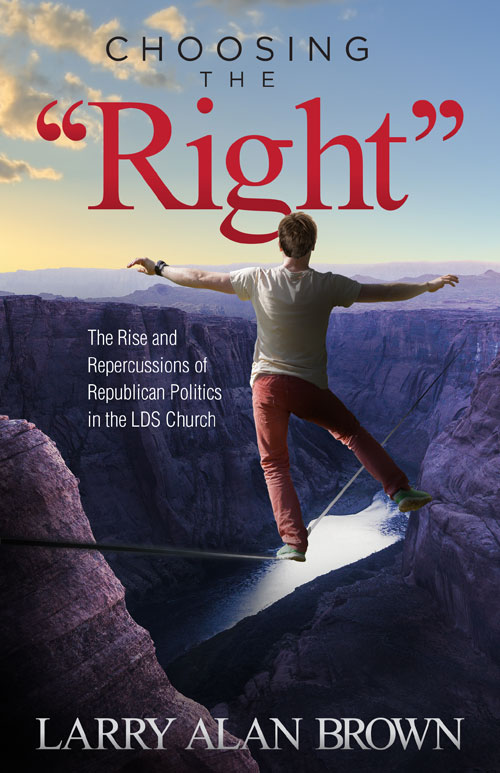My experience as an officer in the U.S. Navy during the Vietnam War drove home the need to promote and defend the greater good over individual gratification. I served aboard an aircraft carrier and, like all Navy ships, we had damage control teams stationed throughout the ship. Their function was to respond to a variety of shipboard emergencies that threatened the safety – or even the survival – of the vessel and its crew. They drilled constantly in how to treat severe wounds, decontaminate personnel from exposure to radiation and biological and chemical agents, put out fires, respond to explosions, repair ruptured pipes and to temporarily patch breaches in the hull (the outer skin of the ship) to keep seawater from flooding into the ship from collisions at sea, running aground or enemy action.
Regardless of where a damage control team is stationed – in the forward section of the ship (toward the front of the ship near the bow) or the aft section (toward the rear of the ship near the stern) – they were poised to respond to an emergency anywhere in the ship. If the hull was breached at the bow, teams from throughout the ship would rush to the site to assist. Nobody who lived further aft said “Well, that’s their problem,” because we all knew that a flooded forward section could eventually reach those in the aft end and sink everyone. In other words, it didn’t matter who was being threatened or where they were; we all had a high stake in helping them so that everyone could be safe and secure.
Whether damage control teams are conscious of it or not, they’re acting within the framework of an unchanging principle, which is “Save the Ship.” While the principle is ever constant, a team’s actions need to be flexible to meet the specific requirements of each situation, always in pursuit of achieving the principle. If emergency circumstances change due to the different nature of the threats, the team’s response must be customized to respond. If the actions of the teams are closely aligned to the principle of “Save the Ship” in terms of their training and equipment, they will have a much greater chance of preserving the ship in the event of a major emergency. However, if their behavior is poorly aligned with the principle by being, for example, sloppy in their training or poorly equipped, they face a much greater risk of sinking.
Whether we realize it or not, every one of our actions either aligns with or violates a principle. So what is a principle? The late Stephen R. Covey, in his highly acclaimed international best seller, The 7 Habits of Highly Effective People, defines a principle as an enduring, universal and unchanging natural law. He says that “the degree to which people in a society recognize and live in harmony with [principles] moves them toward either survival and stability or disintegration and destruction.” As examples of principles, Covey includes fairness, integrity, and honesty, the right to human dignity, service, patience, nurturance and encouragement, among others.
Unfortunately, not everyone aligns their actions to comply with the ageless principles of human conduct, most notably the Golden Rule: “Treat others as you would have them treat you.” Not everyone shares the same urgency to come to the aid of others who are less fortunate. Why not? Because many who are blessed with greater prosperity either don’t understand their obligations to their fellow human beings or choose to ignore what the navy’s damage control teams do understand; that anyone’s plight is everyone’s plight. In other words, everyone on our “ship of state” will either shoulder the load together or eventually sink. But the sinking of a nation takes a lot longer than the sinking of a ship, usually several generations. The signs of disintegration appear much more slowly, lulling its citizens into a false sense of security and infallibility. Nonetheless, the dire consequences of such folly, unless corrected, are fixed and immutable.
You might be tempted to assume that I express these feelings and observations because I advocate for one political party or another. You couldn’t be more mistaken. My loyalty is to the universal principles that exist to provide for the greater good. They have been with us since millennia before there were such things as modern nation-states or political parties. It’s the parties themselves who arrogantly presume to have claimed ownership of certain principles to serve their particular agenda, often distorting them to justify their desires. But despite the determined grasping of men and women for short-lived material gains at the expense of others, the principles will continue to live on throughout history, just as wise and relevant as they are today and have been since the dawn of time. They will certainly exist infinitely longer than any nation or political party.
Many will write off my point of view as blindly pessimistic, that I’m channeling Chicken Little who shouted “the sky is falling!” But I firmly believe that too many of my fellow Americans and indeed, much of the world, are acting in violation of many of the universal principles. This seems to be especially true of nations who have been blessed with an excess of material prosperity, a status that a great number of their citizens appear anxious to hoard at all costs. I’m hopeful, though, that today’s army of altruistic people – a significant but greatly outnumbered force – will continue to labor and sacrifice ceaselessly for the greater good. I’m optimistic that they will always remind us that we should be just as alarmed about a disaster on the bow as to one on the stern, that the plight of others, if dismissed as “their problem,” will sink us all.








0 Comments
Leave a comment